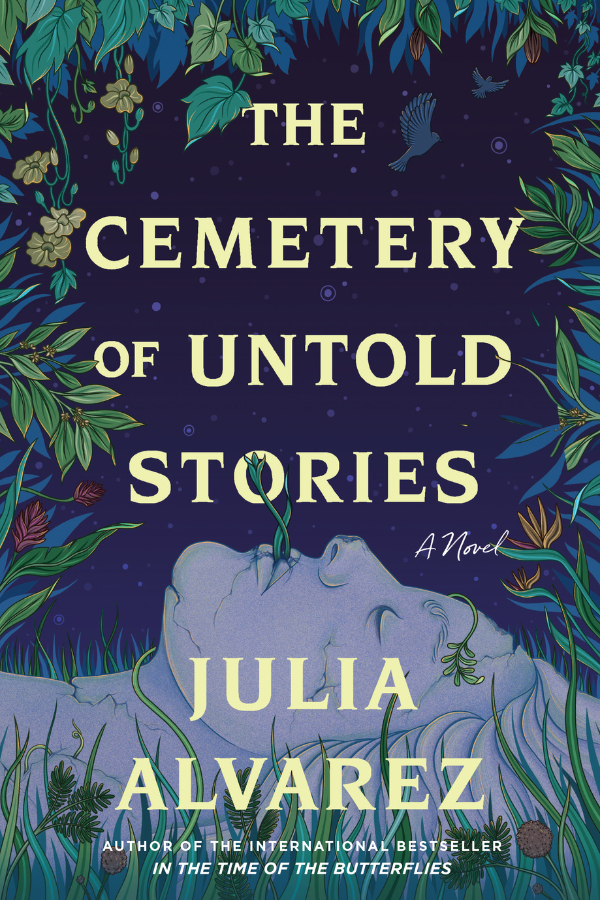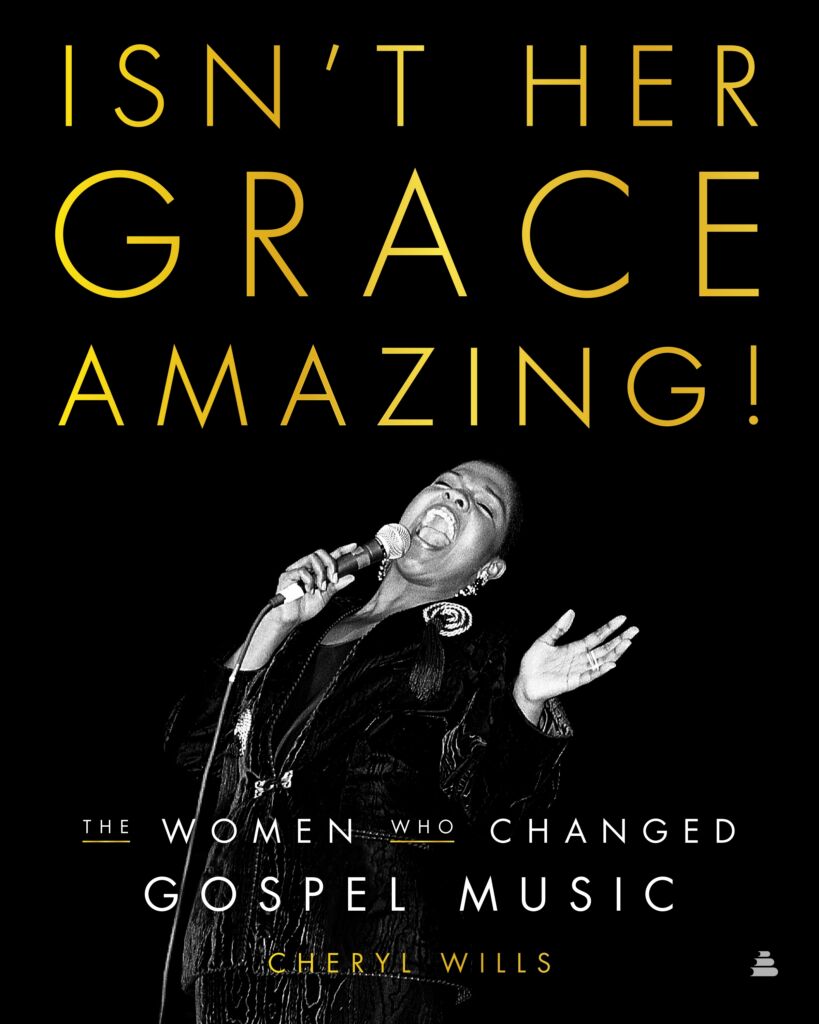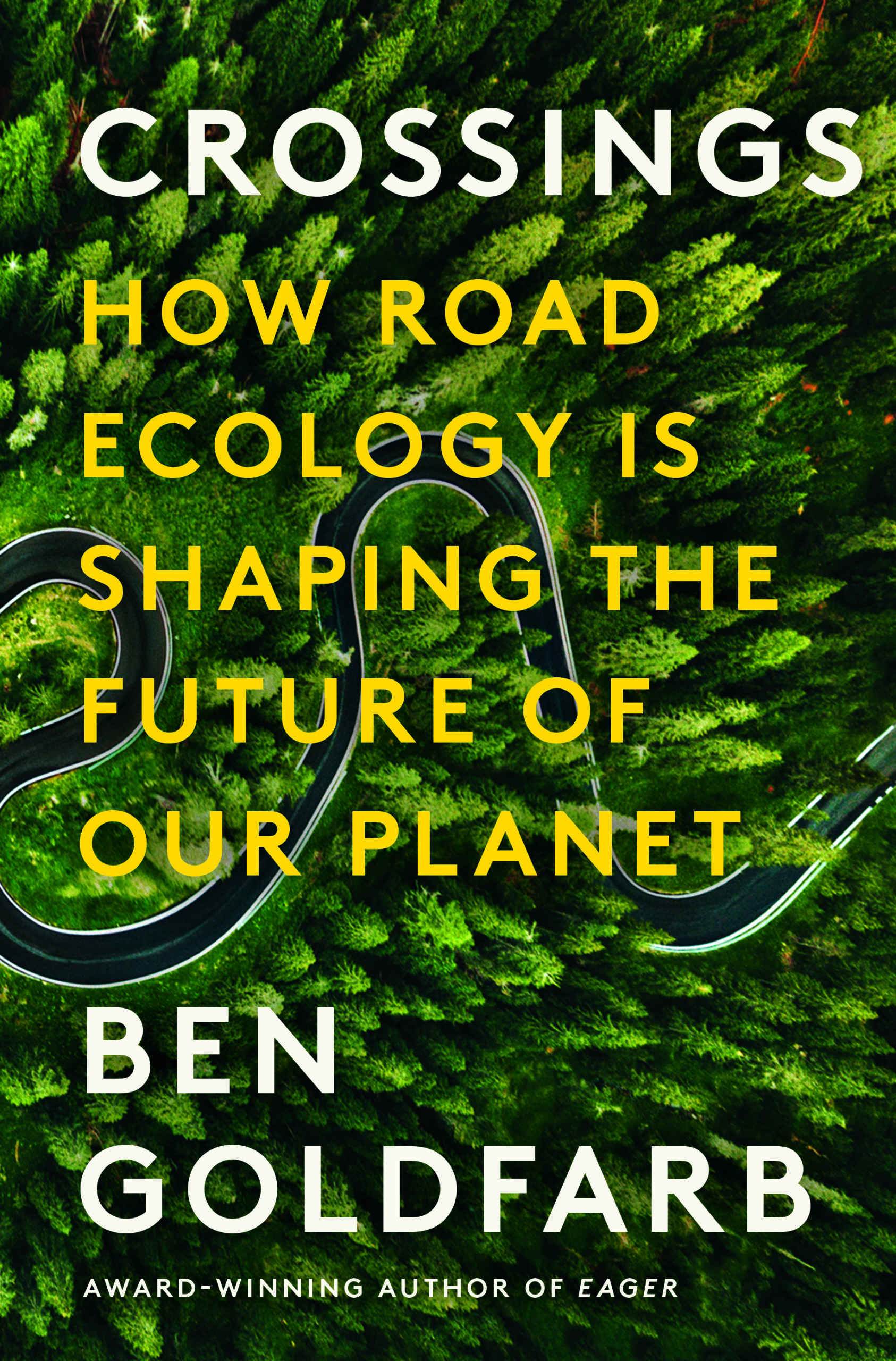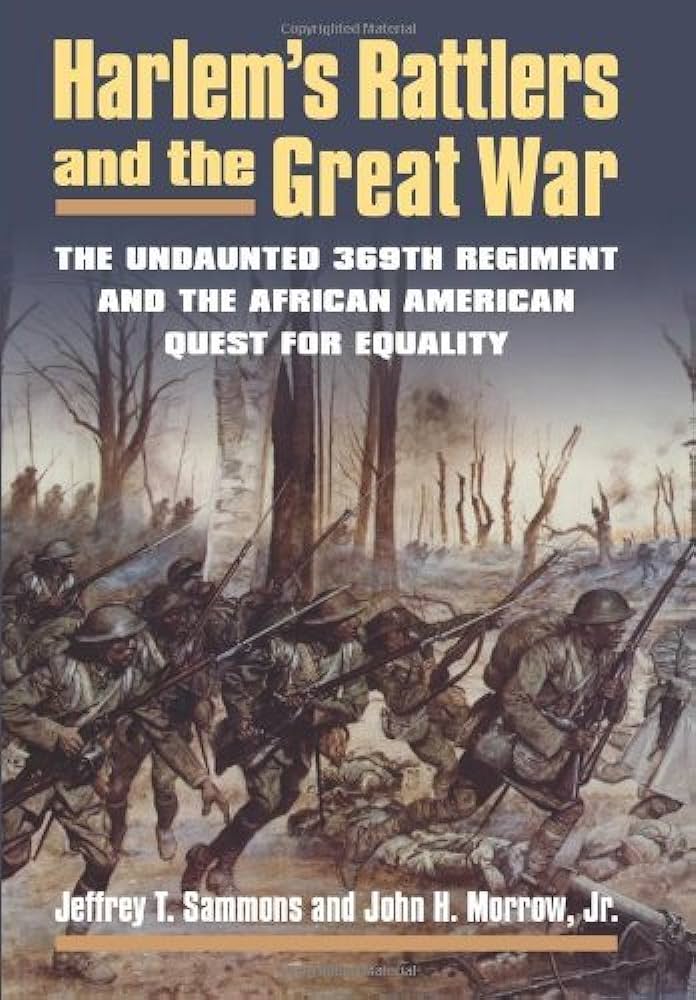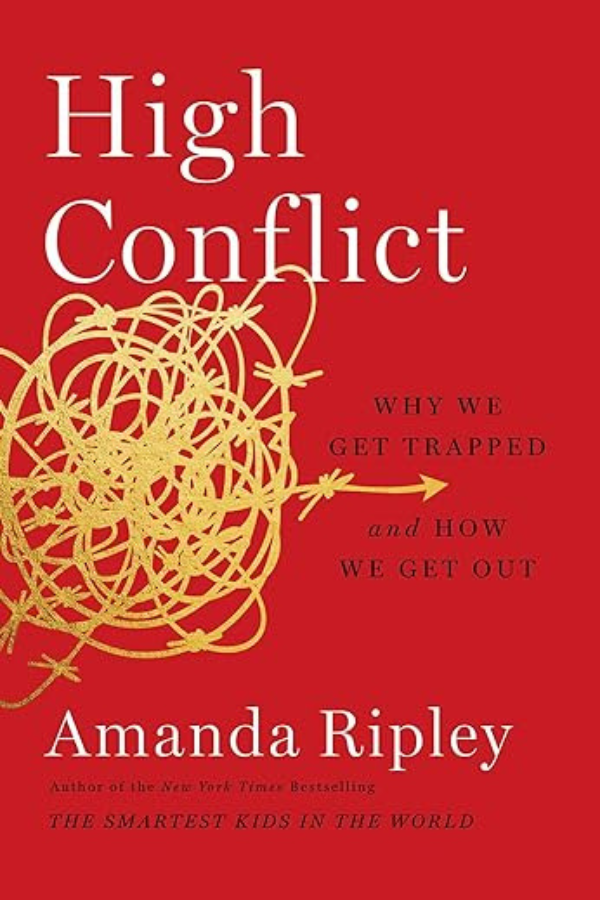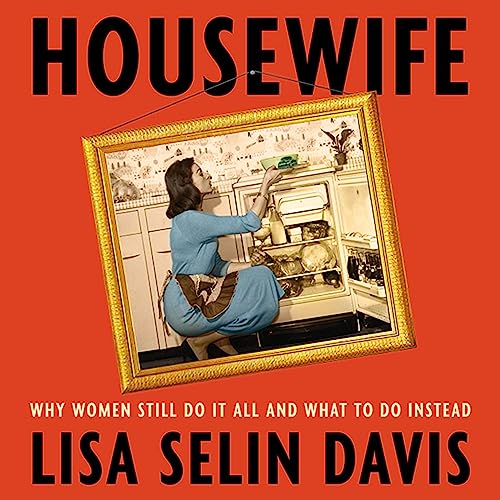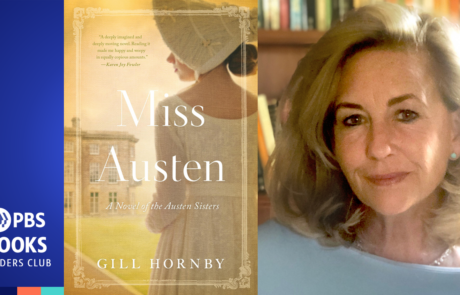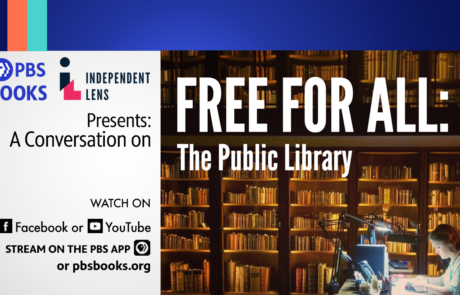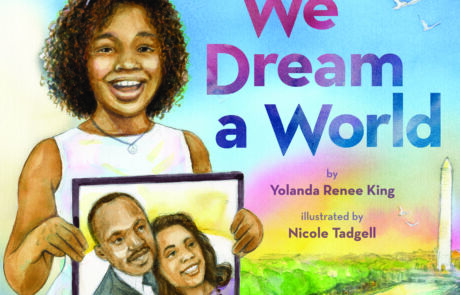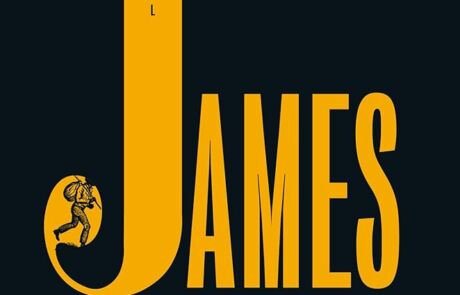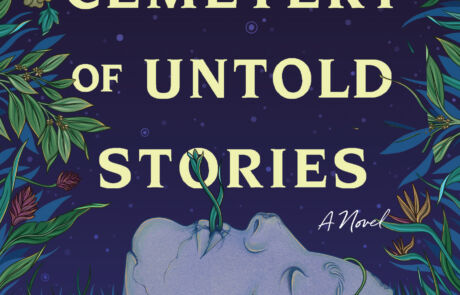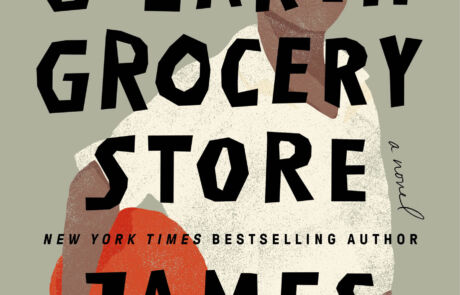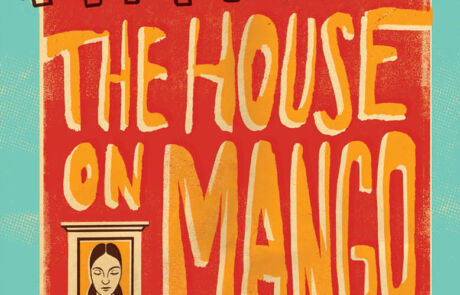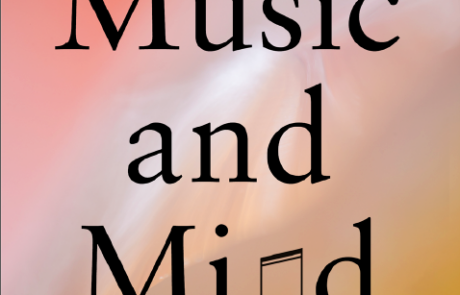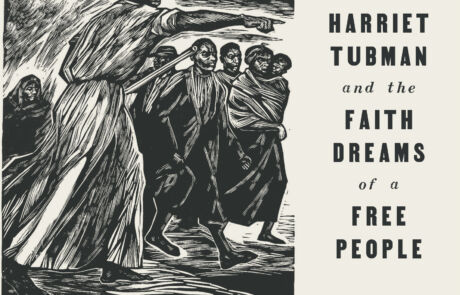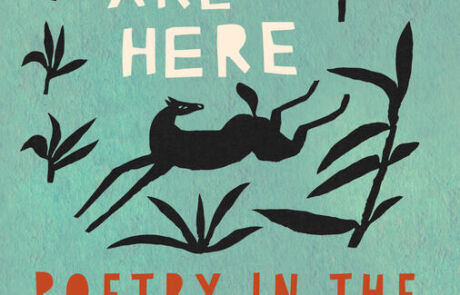Crossing: How Road Ecology is shaping the future of our planet
How Road Ecology is Shaping the Future of Our Planet
An eye-opening account of the global ecological transformations wrought by roads, from the award-winning author of Eager. Some 40 million miles of roadways encircle the earth, yet we tend to regard them only as infrastructure for human convenience. While roads are so ubiquitous they’re practically invisible to us, wild animals experience them as entirely alien forces of death and disruption. In Crossings, environmental journalist Ben Goldfarb travels throughout the United States and around the world to investigate how roads have transformed our planet. A million animals are killed by cars each day in the U.S. alone, but as the new science of road ecology shows, the harms of highways extend far beyond roadkill. This book explores these impacts.

